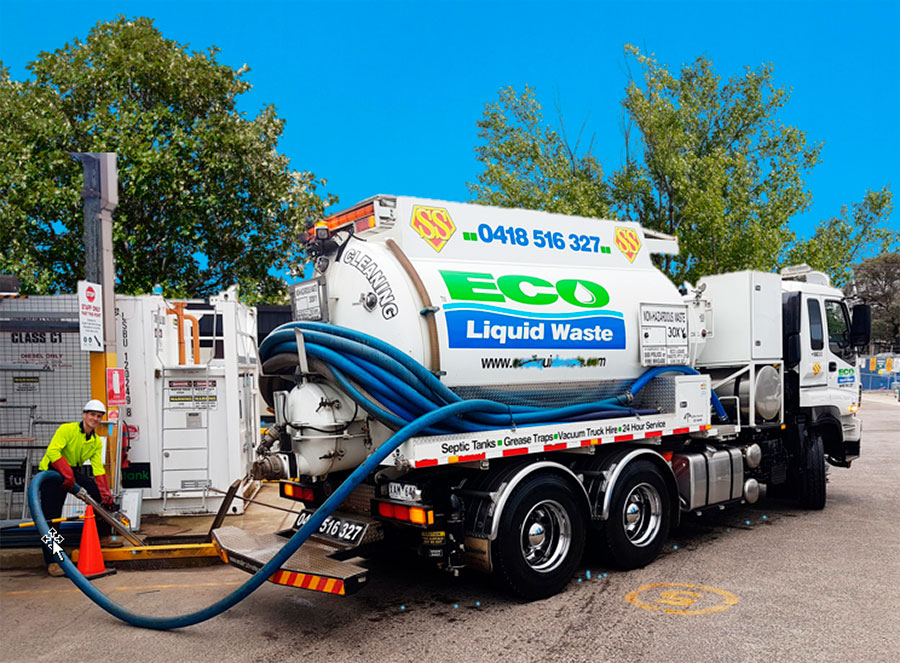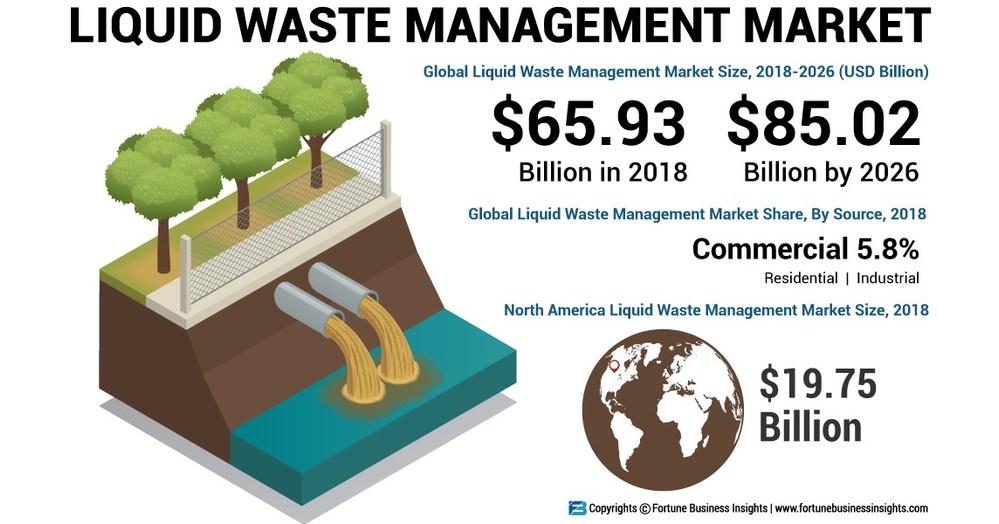A Biased View of Reclaim Waste
A Biased View of Reclaim Waste
Blog Article
Some Ideas on Reclaim Waste You Need To Know
Table of ContentsExcitement About Reclaim WasteUnknown Facts About Reclaim WasteReclaim Waste for DummiesThe Only Guide to Reclaim WasteThe smart Trick of Reclaim Waste That Nobody is Talking About
Check out the kinds, occurrences, and types of liquid waste. Residential sewage waste describes the waste and products from a domestic septic system. This kind of waste is produced by human beings in residences, colleges, and various other structures. This only consists of sewage-disposal tanks that have a drain area. The correct monitoring and disposal of residential sewage waste call for fluid waste to be moved to a sewage therapy plant where the correct techniques and devices are related to detoxify and dispose of waste.
Commercial waste frequently consists of potential risks, such as flammable materials or a blend of fluid and solid waste products, and needs a much more sophisticated and in-depth disposal procedure. The disposal of industrial waste typically involves the purification of waste prior to transportation to ensure safe and appropriate disposal. Hazardous waste is developed from byproducts and drainage of commercial processes and manufacturing.
This kind of waste can not use the same sewage management transport or processes as septic or business fluids. The hazardous waste administration process calls for the examination and testing of fluid waste prior to it undertakes the disposal procedure (liquid waste disposal melbourne). Drainage waste is the liquid waste that originates from runoff and excess stormwater in very booming areas or cities
Drainage waste can cause contamination and flooding if not dealt with properly. Find out more regarding drain cleansing and waste administration. Making sure proper waste administration can avoid calamities and minimize ecological injury. Both individuals in household settings and professionals in industrial or production industries can gain from understanding the procedures and laws of fluid waste management.
The Best Guide To Reclaim Waste
Get in touch with PROS Services today to learn more about our waste monitoring and disposal solutions and the correct methods to care for the liquid waste you generate.
(https://soundcloud.com/reclaimwaste1)This supposed 'wastewater' is not just an essential source but, after treatment, will certainly be released to our land, waterways or the ocean. Used water from bathrooms, showers, baths, kitchen sinks, laundries and industrial procedures is understood as wastewater.

water utilized to cool equipment or tidy plant and equipment). Stormwater, a form of wastewater, is drainage that flows from agricultural and urban areas such as roofing systems, parks, yards, roads, paths and rain gutters into stormwater drains, after rainfall. Stormwater flows neglected straight to neighborhood creeks or rivers, ultimately getting to the ocean.
How Reclaim Waste can Save You Time, Stress, and Money.
In Queensland, the majority of wastewater is dealt with at sewer therapy plants. Wastewater is carried from domestic or commercial websites through a system of sewers and pump stations, called sewerage reticulation, to a sewage therapy plant. Local governments construct, keep and operate most sewer treatment plants. Operators are certified under the Environmental Management Act 1994 to discharge treated wastewater at an acceptable environmental criterion into waterways.
The Department of Natural Resources advises city governments concerning handling, operating and maintaining sewerage systems and treatment plants. In unsewered areas, local federal governments may need householders to set up private or house sewer therapy systems to treat residential wastewater from bathrooms, cooking areas, shower rooms and laundries. The Division of Natural Resources authorises making use of household systems when they are confirmed to be efficient.
The majority of stormwater receives no therapy. In some brand-new subdivisions, therapy of some stormwater to get rid of trash, sand and gravel has begun making use of gross pollutant catches. Wastewater treatment takes place in 4 stages: Removes strong issue. Larger solids, such as plastics and various other objects mistakenly released to sewers, are removed when wastewater is passed with screens.
Wastewater after that moves right into big tanks where solids settle and are eliminated as sludge. Oil and residue are skimmed from the surface. Utilizes little living microorganisms called micro-organisms to damage down and eliminate remaining liquified wastes and great bits. Micro-organisms and wastes are included in the sludge. Eliminates nitrogen and phosphorus nutrients that can create algal blooms in our waterways and intimidate water life.
Unknown Facts About Reclaim Waste
Nutrient removal is not readily available at all sewage therapy plants due to the fact that it calls Click Here for pricey specialized devices. Clear fluid effluent created after therapy might still have disease-causing micro-organisms - liquid waste disposal.

This normally indicates wastewater needs to be treated or pollutants eliminated prior to it can be discharged to rivers. A lot of wastewater streams into the sewage system. Under the Act, city governments administer authorizations and licences for environmentally pertinent activities (ERAs) involving wastewater releases that could have a local influence. The department provides approvals and permits to Periods involving wastewater launches that may have a local or statewide influence.
The Best Strategy To Use For Reclaim Waste
Or else, examples are considered laboratory analysis. Commonly many examinations are required to establish the degrees of each of the various toxins such as oils, hefty metals and pesticides in water. Tracking gives valid details about water top quality and can validate that licence conditions are being met. The information gotten with tracking provides the basis for making water quality decisions.
Report this page